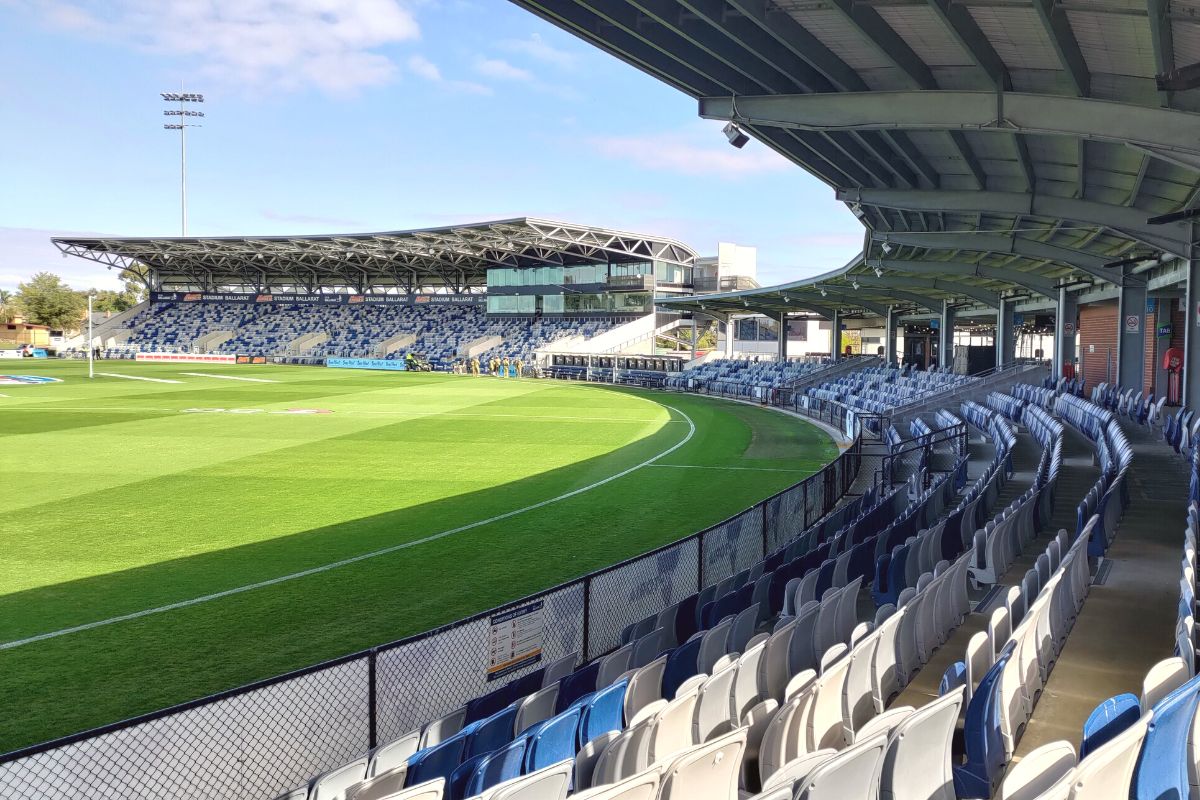What does the cancellation of the Commonwealth Games mean for regional Victoria?
It’s the news that caught everyone by surprise.
The Victorian state government has cancelled the Commonwealth Games scheduled for 2026 due to financial constraints.
Unlike previous games held in Australia – Sydney (1938), Perth (1962), Brisbane (1982), Melbourne (2006) and Gold Coast (2018) – the 2026 Victorian Games were due to be hosted across five locations Ballarat, Bendigo, Geelong, Gippsland and Shepparton – with the Opening ceremony being held in Melbourne at the MCG (Melbourne Cricket Ground).
The regional delivery model of the games was no doubt a unique approach – as most Commonwealth games tend to be heavily concentrated in a primary location. A lot of commentators believe that spreading resources around contributed to the unforeseen cost increase.
What does the cancellation of the games mean for regional Victoria?
While the state government says it remains committed to delivering some key sports facilities projects and will still spend $2 billion in the regions as a ‘support package’. While the details are still unclear, it’s expected that a fair chunk of that investment will go towards housing.
Nevertheless, some residents and small businesses remain disappointed.
Predictably, hospitality venues are among the most concerned businesses as they hoped the influx of people coming to regional Victoria for the games would be a much-needed boost for them. At Regional Rural Finance, we have seen lots of enquiries from house owners hoping to refinance their current mortgage in order to invest in renovations that will allow them to put their places on the lucrative Airbnb market.
However, disappointment does not stop there. Jamie Gemmel, from Thermosoft Australia, quoted to install electric radiators in the athletes’ village. The cancellation of the games came as unwelcome news to this Victorian business.

According to Adam Wright, from Building Principlas, a company operating in commercial project management, the Commonwealth Games were seen as a great opportunity for the construction industry, a sector that, according to Wright, has been very much under threat due to sharp increases in materials costs.
With the games in Victoria being cancelled, there’s uncertainty as to who is going to host the 2026 Comm Games. It’s worth noting that the Victorian government stepped in as host when no other candidates were available. The debate around hosting has also sparked a conversation about the game’s legacy, with some commentators asking whether they should continue to exist altogether.
After the announcement by Premier Daniel Andrews, a lot of eyes have moved to the Brisbane Olympics. While the Queensland premier was quick to reassure that there’s no risk of Brisbane pulling out, speculation around costs blow-out is widespread concern for many.
What was on offer for Ballarat, Bendigo, Geelong, Gippsland and Shepparton?
Ballarat was due to host four main events: Athletics, Para-Athletics, Boxing and Mountain Bike.
Bendigo was going to be the home of 3×3 Basketball, 3×3 Wheelchair Basketball, track Cycling and track Para-Cycling, Lawn Bowls, Para Lawn Bowls, Netball, Squash, Table Tennis and Para Table Tennis
Geelong was due to host the prestigious aquatics events – one of the most popular with the public. Together with Acquatics – which includes swimming, para-swimming and diving – Geelong also had Beach Volleyball, Coastal Rowing, Cricket T20 (women’s), Golf, Gymnastics (artistic), Hockey, Triathlon and para Triathlon, Weightlifting and Para Weightlifting on the agenda.
Gippsland had in schedule Badminton, Cricket T20, Cycling (road-criterium), Rugby 7s
Shooting and Para Shooting.
Shepparton was due to host BMX Cycling and Road Cycling (time trials).
While Melbourne was mostly left out of the original game plans, the Opening ceremony was due to happen at the iconic Melbourne Cricket Ground (MCG). Melbourne was also considered as a gateway hub for fans, officials and athletes.

